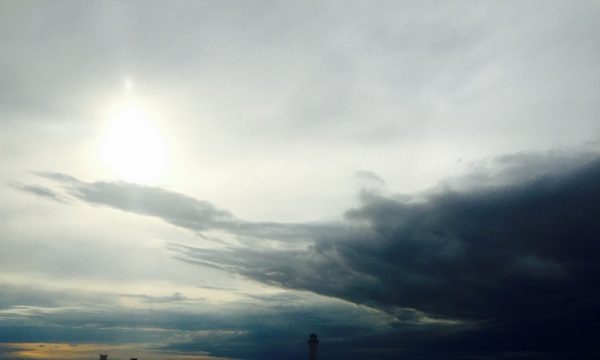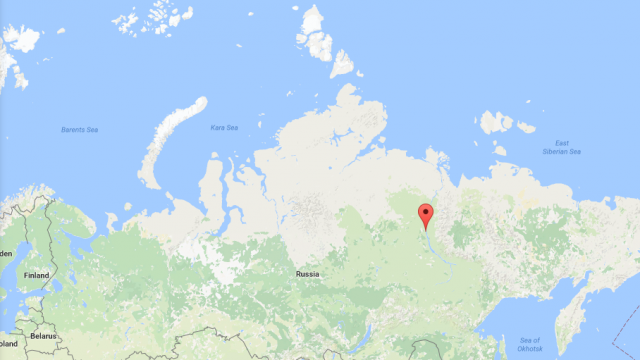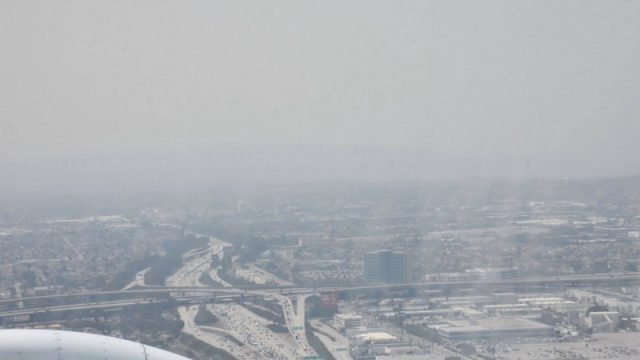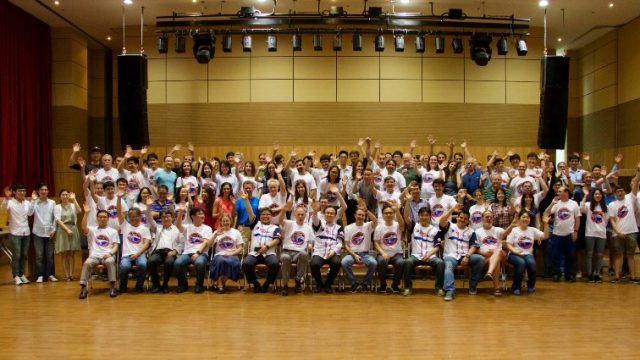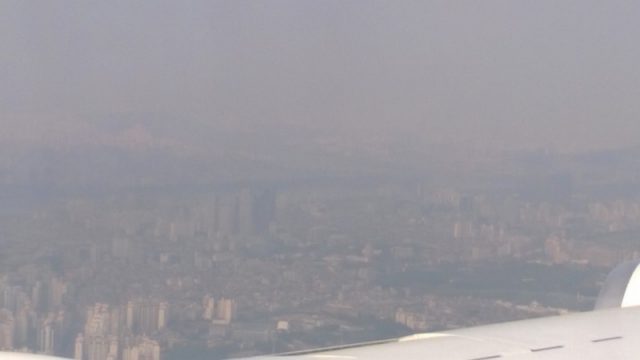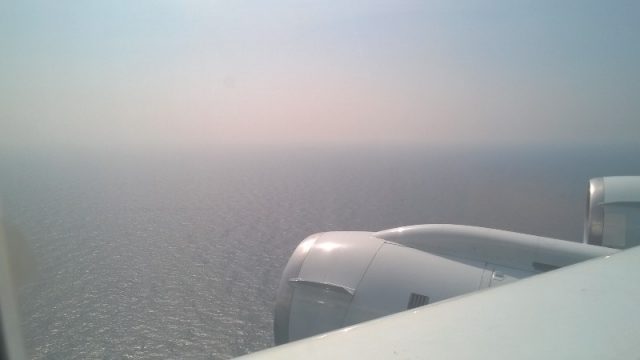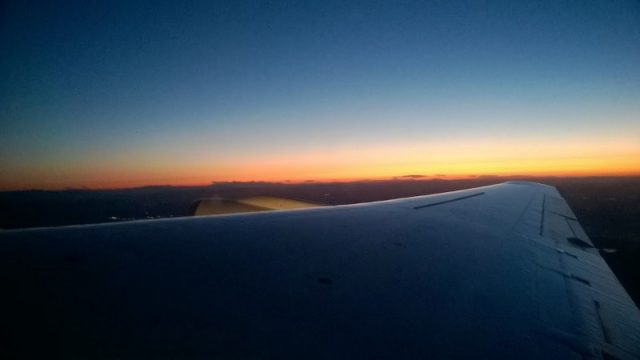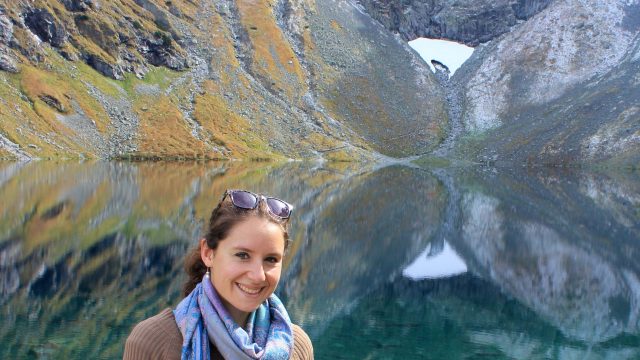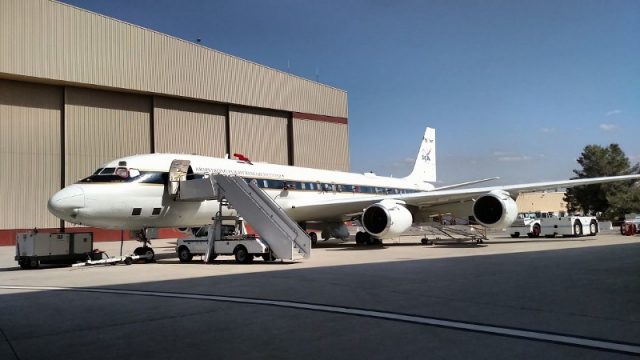Well, I can’t say my travel to Yakutsk was as seamless as I dreamed it would be. The plan was Denver to Frankfurt to Moscow to Yakutsk, on two separate tickets (saving money, but making any travel road bumps more difficult). My flight from Denver to Frankfurt went perfectly (I even finally got to watch… Read More
Yup, you read that right. I’m off to Siberia! When I began my graduate work in New Mexico and Arizona back in 2006, I never thought I would say that, but I here I am, about to get on a plane feeling an equal mixture of excitement and anxiety. My final destination will be Zhigansk… Read More
So, prior to finishing up KORUS-AQ and getting a break before my next campaign (that will start at the end of July and I will be blogging about that as well), the scientist of KORUS-AQ had one more project to do — SARP. SARP stands for the Student Airborne Research Program, and it is a summer program… Read More
Yesterday marks the end of KORUS-AQ. The NASA DC-8, and the scientists that flew on the DC-8, left South Korea at 3:00 PM (South Korean local time) and arrived back to Palmdale, CA at 2:30 PM (Californian local time). The mission was nearly seven weeks. The three planes that were participated in the mission flew… Read More
There are a lot of goals that many scientist have during this mission, including numerous aspects of atmospheric chemistry and dynamics. The thing I am interested in for the mission are particles or aerosols. What is an aerosol/particle? Particles, or aerosols, are a very important aspect of the atmosphere; however, to understand their importance and… Read More
To all my adoring fans, sorry that it has been more than week since I have posted. I just completed 7 flights in a span of 10ish days (so kind of busy). Doing airborne science is not something very many people may experience (there are some ways you can experience airborne science that I will… Read More
The DC-8 left the United States on Tuesday, April 26, 2016 and arrived to Osan Air Force Base on Wednesday, April 27, 2016. This may sound like a normal flight time, if you have ever traveled from the United States to some where in Eastern Asia, and that is where you would be wrong. The… Read More
This latest posting comes out of the Center for Science and Technology Policy Research (CSTPR), which is one of the centers affiliated with CIRES. CSTPR and CU-Boulder partner with the Red Cross Red Crescent Climate Centre (RCRCCC) to place graduate students in locations in eastern and southern Africa each summer. This summer, the grad student… Read More
The AQ part of the science mission stands for air quality. If you have ever had a smog test for your vehicle or experienced a spare the air day, you have first hand experience of air quality and what impacts it. The largest contributors to bad air quality are emissions from human activity, which ranges… Read More
My name is Benjamin Nault, and I am a postdoctoral researcher at University of Colorado, Boulder. My research focuses on the chemistry of aerosols (which I will go into more detail in a later blog or when asked in comments). This blog will be documenting my adventures during two NASA aircraft campaigns during this summer… Read More
